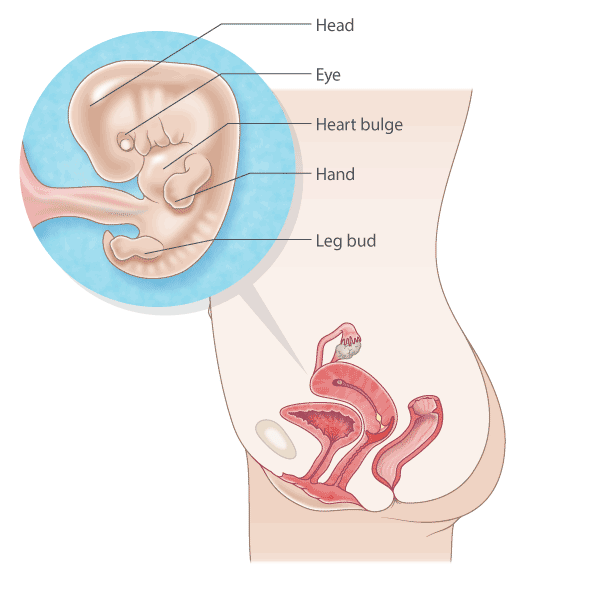
8 Picture Pregnancy Week: A Comprehensive Guide
Pregnancy is a transformative journey that brings about a myriad of physical, emotional, and hormonal changes. Understanding these changes week by week can help expectant mothers navigate this extraordinary experience with confidence and ease. In this comprehensive guide, we will delve into the 8th week of pregnancy, exploring its key developments, common symptoms, and essential tips for maintaining a healthy pregnancy.
Key Developments in the 8th Week of Pregnancy
- Embryonic Development: The embryo, now approximately the size of a raspberry, continues to grow rapidly. Its heart, which began beating in the previous week, is now fully formed and pumping blood. The brain, eyes, ears, and limbs are also beginning to take shape.
- Placenta Formation: The placenta, a vital organ that connects the mother and baby, is fully developed by the end of the 8th week. It facilitates the exchange of oxygen, nutrients, and waste products between the mother and the growing fetus.
- Uterine Expansion: The uterus, which has been gradually expanding since conception, undergoes significant growth during the 8th week. It rises out of the pelvis and into the abdominal cavity, providing ample space for the developing baby.
Common Symptoms in the 8th Week of Pregnancy
- Morning Sickness: Nausea and vomiting, commonly known as morning sickness, typically reach their peak during the 8th week. These symptoms are caused by hormonal fluctuations and can occur at any time of day.
- Breast Tenderness: The breasts continue to enlarge and become tender as they prepare for milk production.
- Fatigue: Increased levels of progesterone can lead to fatigue and a general feeling of exhaustion.
- Frequent Urination: The growing uterus puts pressure on the bladder, causing more frequent urination.
- Mood Swings: Hormonal changes can trigger mood swings, ranging from elation to irritability.
Essential Tips for Maintaining a Healthy Pregnancy in the 8th Week
- Prenatal Care: Regular prenatal appointments are crucial for monitoring the baby’s development and ensuring the mother’s well-being.
- Healthy Diet: A balanced diet rich in fruits, vegetables, whole grains, and lean protein is essential for both the mother and the baby.
- Hydration: Staying hydrated by drinking plenty of fluids, especially water, is important for overall health and fetal development.
- Exercise: Moderate exercise, such as walking, swimming, or prenatal yoga, can help reduce pregnancy-related discomfort and promote overall fitness.
- Avoid Alcohol and Smoking: Alcohol and smoking can harm the developing baby and should be avoided throughout pregnancy.
- Get Enough Sleep: Aim for 7-9 hours of quality sleep each night to support physical and emotional well-being.
- Manage Stress: Stress can affect both the mother and the baby. Engage in stress-reducing activities such as meditation, yoga, or spending time in nature.
Additional Considerations in the 8th Week of Pregnancy
- Genetic Screening: Some expectant mothers may choose to undergo genetic screening tests, such as chorionic villus sampling (CVS) or amniocentesis, to assess the baby’s risk of certain genetic disorders.
- Prenatal Vitamins: Prenatal vitamins, especially folic acid, are essential for the baby’s healthy development and should be taken daily.
- Caffeine Intake: While moderate caffeine consumption is generally considered safe during pregnancy, it is important to limit intake to less than 200 milligrams per day.
- Pelvic Pain: Some women may experience mild pelvic pain or cramping during the 8th week as the uterus expands. However, severe or persistent pain should be reported to the healthcare provider.
Conclusion
The 8th week of pregnancy marks a significant milestone in the journey of motherhood. Understanding the key developments, common symptoms, and essential tips for maintaining a healthy pregnancy during this week can empower expectant mothers to navigate this transformative experience with confidence and joy. By following these guidelines and seeking regular prenatal care, mothers can ensure the optimal health and well-being of both themselves and their growing baby.